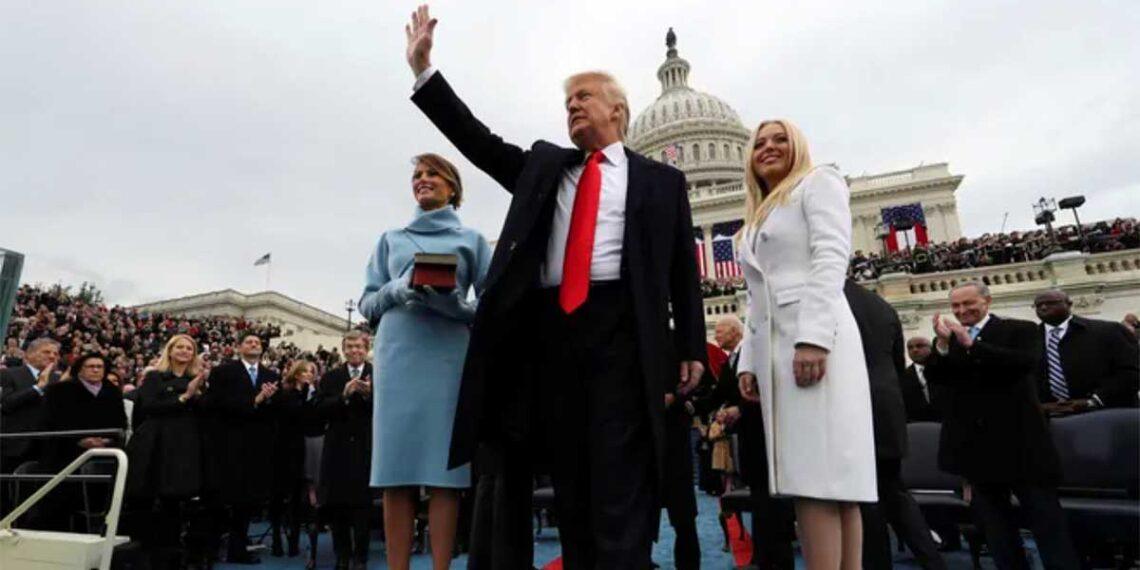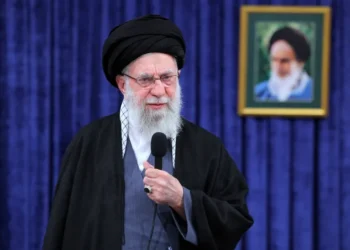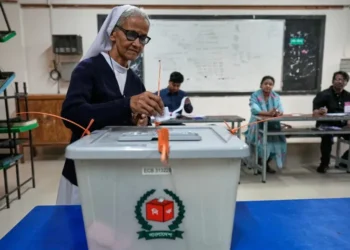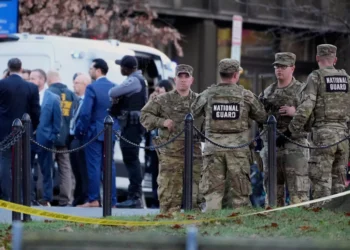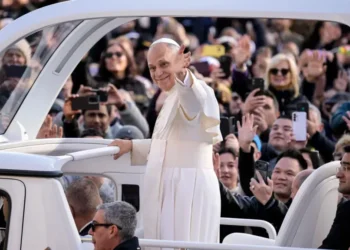Democrats Divided Over Attending Trump’s Second Inauguration
As Donald Trump prepares to be sworn in for his second term on January 20, 2025, Democrats face a dilemma: to attend the ceremony, honoring the tradition of a peaceful transfer of power, or to boycott it, highlighting their opposition to Trump’s leadership and policies.
The Split Among Democrats
For many Democrats, the idea of attending Trump’s inauguration is a bitter pill to swallow after a contentious 2024 election. Representative Jamie Raskin (D-Md.), who played a key role in investigating Trump during his first term, voiced his hesitation:
“I’m not quite sure what I would be celebrating with his inauguration.”
Similarly, Rep. Jasmine Crockett (D-Texas) confirmed she will skip the event, saying:
“I won’t pretend to normalize who or what he stands for.”
Instead, some Democrats plan to honor Martin Luther King Jr. Day, which coincides with the inauguration, by participating in community-focused events. Activists like the Rev. Al Sharpton and Martin Luther King III will lead initiatives emphasizing civil rights and public service.
Tradition vs. Protest
Not all Democrats are planning to boycott. Lawmakers from battleground states, where Trump performed strongly, are opting to attend. Senator Jon Ossoff (D-Ga.) remarked:
“I’ll be in attendance. Georgians expect me to be.”
Senator Mark Kelly (D-Ariz.) echoed this sentiment, emphasizing his sense of responsibility to represent his constituents and uphold democratic norms.
Rep. Jared Moskowitz (D-Fla.) emphasized the importance of attendance as a democratic principle:
“He’s the president, got elected, and is being inaugurated. I’m a member of Congress. I’m going to the inauguration.”
Former Presidents in Limbo
The attendance of former U.S. presidents remains uncertain. While some, like Jimmy Carter, are unable to attend due to health reasons, others—such as George W. Bush, Barack Obama, and Bill Clinton—have yet to confirm. Presidential historian Douglas Brinkley noted that Trump’s invitation to Chinese President Xi Jinping signals his focus on aligning with current power players rather than engaging with former U.S. leaders.
The Bigger Picture
Political observers see this inauguration as a litmus test for how Democrats will engage with Trump’s second administration. Some fear boycotting could signal an unwillingness to find common ground, while others argue attendance could normalize Trump’s controversial policies.
For many, the decision reflects deeper concerns about Trump’s impact on democracy. The looming possibility of Trump pardoning January 6th rioters on Inauguration Day only heightens the stakes for Democrats weighing their choice.
What’s Next?
As January 20 approaches, Democrats remain deeply divided. Will they show up to reaffirm America’s democratic traditions, or will they use their absence to protest Trump’s policies and rhetoric? Either way, the inauguration will set the tone for the next four years of political discourse in Washington.
This article was rewritten by JournosNews.com based on verified reporting from trusted sources. The content has been independently reviewed, fact-checked, and edited for accuracy, neutrality, tone, and global readability in accordance with Google News and AdSense standards.
All opinions, quotes, or statements from contributors, experts, or sourced organizations do not necessarily reflect the views of JournosNews.com. JournosNews.com maintains full editorial independence from any external funders, sponsors, or organizations.
Stay informed with JournosNews.com — your trusted source for verified global reporting and in-depth analysis. Follow us on Google News, BlueSky, and X for real-time updates.
